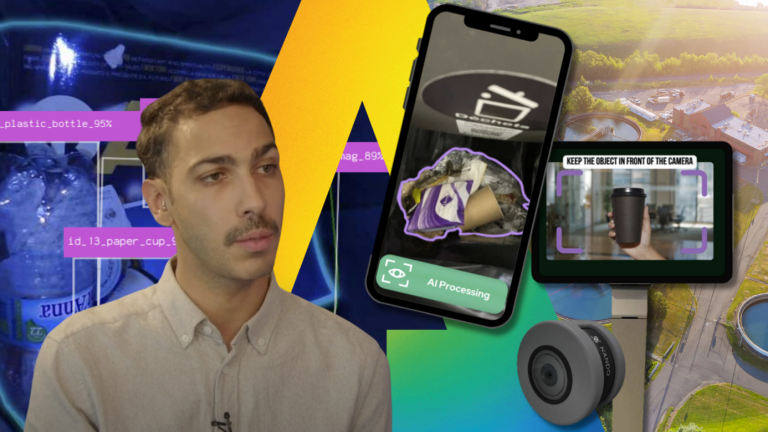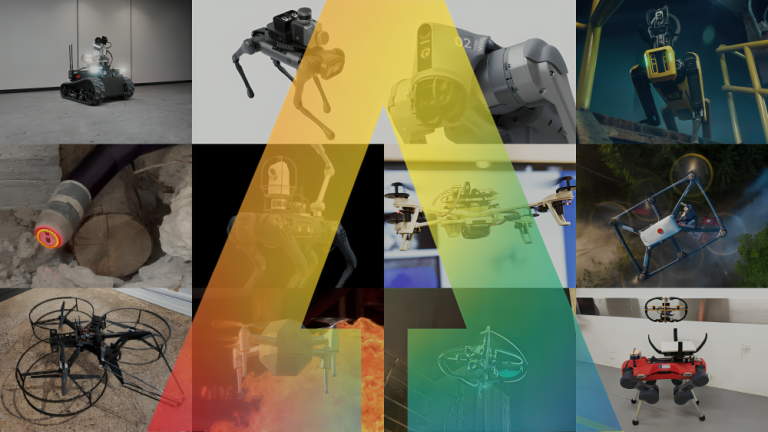Revolutionizing Academia: How AI is Shaping Higher Education’s Future and Its Impact
As artificial intelligence (AI) continues its rapid advancement and becomes more widely available, its impact is infiltrating numerous facets of our daily lives. From simplifying everyday tasks to optimizing business operations across various industries, the groundbreaking capabilities of AI are radically reshaping the ways we work, learn, and interact.
But how does this transformation affect higher education? Numerous concerns have arisen surrounding AI’s influence on both educators and students, underscoring the urgent need for ethical and responsible usage. Although the incorporation of AI in academia is still in its infancy, there remains a vast landscape to investigate. In this article, we take a closer look at the existing effects of AI on the educational environment.
Virtual Assistance
Students often seek academic support, yet universities regularly struggle to allocate sufficient financial resources for teaching assistants. Here, AI steps in with solutions like virtual learning assistants, chatbots, and immersive online classrooms, offering immediate assistance and feedback 24/7.
These virtual support systems utilize natural language processing (NLP) to respond to student questions, provide clarifications, and facilitate discussions, allowing students to engage with educators whenever they need help. This method not only supplements traditional instructional approaches but also maximizes valuable time for educators and boosts the inclusivity of the learning experience, enabling students to connect from anywhere across the globe.
AI-powered chatbots specifically designed for higher education serve as vital resources, guiding students through admissions processes, financial aid, course registration, and campus services. With their round-the-clock availability, AI tremendously improves the effectiveness and accessibility of student support services.
Predictive Analytics
Businesses are increasingly leveraging the powerhouse of AI-driven analytics; this transformative tool holds similar potential for the education sector. By examining historical data trends, AI produces highly accurate forecasts regarding student performance and identifies areas where institutional administration can improve.
Through the evaluation of metrics such as engagement rates, attendance records, and grades, AI can predict academic success and likelihoods of attrition. This empowers educators to spot at-risk students early, enabling timely intervention strategies that enhance both student achievement and retention rates.
Moreover, AI technologies grant higher education institutions the capability to sift through extensive datasets, delivering valuable insights about their organizational structures. This can lead to significant improvements and facilitate informed decisions on resource allocation and investment strategies.
Content Creation
The emergence of AI tools such as Chat GPT, OpenAI, and Slidesgo equips students with user-friendly software capable of generating templates and content to help them achieve their academic goals. While some educators express concern over students relying too heavily on AI for their assignments, the student perspective often differs. A survey by Cryptopolitan revealed that 67% of 1,000 students reported utilizing AI in their academic tasks, while only 6% of educators viewed its application positively. The real challenge lies in distinguishing between using AI tools to enhance individual insights and resorting to them for full assignment generation.
It’s clear that the use of AI in higher education presents both significant advantages and potential drawbacks. Upholding ethical practices is paramount for educators as we integrate AI into our academic frameworks—always adhere to your institution’s policies and respect their perspectives on the use of these technologies in your scholarly work.






